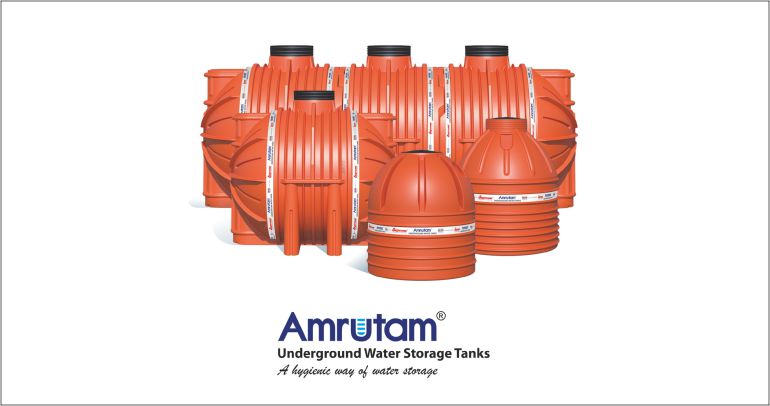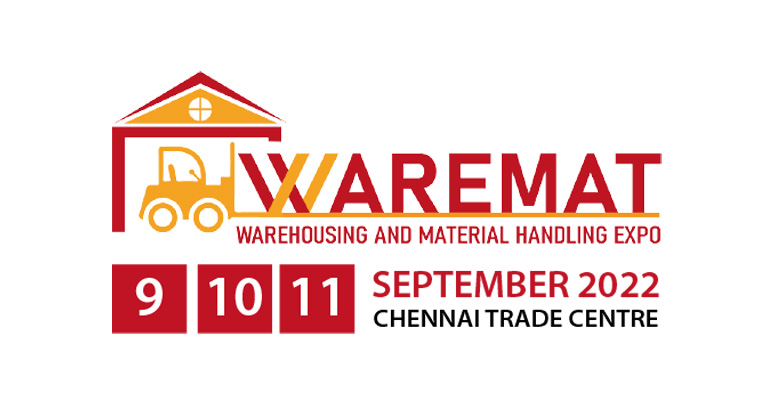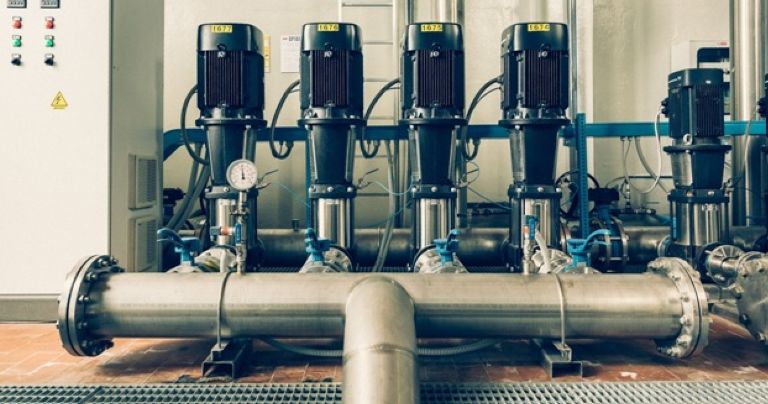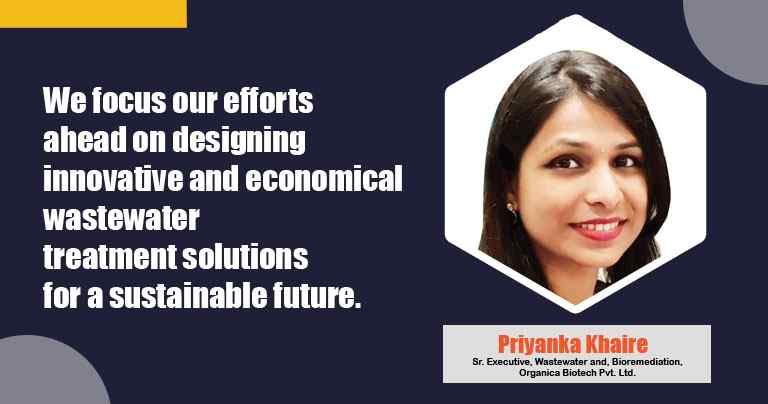Re-engineer processes by implementing water-optimising technologies
By Admin | August 12, 2022 6:11 pm SHARE

This article discusses a wide array of intelligent technologies, automation, artificial intelligence, etc., that will help to re design water management to obtain more efficiency.
More than 1.4 billion people in India are affected by water crises in some way, with over 600 million severely impacted by the extreme water crisis. Given that India has only 4 per cent of the world’s freshwater making drinking water for nearly 18 per cent of the world’s population is daunting. The scarcity of freshwater is exacerbated by the fact that almost 80per cent of India’s surface water reserves and more than 60 per cent of its groundwater reserves are contaminated.
Over a billion people worldwide rely on self-supply water sources, with consumers increasing by more than 9 million per year. In India, a large proportion of the rural population depends on self-supply for drinking water, whereas the figure in urban India is substantial. As water reserves become dirtier and smaller, India faces challenges in protecting public health, ensuring farm productivity, growing the economy, and ensuring social stability. As a result, the water is shifting from providing life to taking it.
Efficient Practices
The world has begun to treat water as a limited resource, and India is adopting practices in the right direction. Industries are implementing zero water discharge with complete treatment of produced wastewater. Beverage giants are focused on returning water to the communities where they have plants. Food processing players engage with farmers to minimise water usage across the supply chain. And textile companies are evangelising the concept of sustainable fashion. Companies have realised the business risks emanating from the possibility of a water-scarce future. This has triggered companies to reengineer processes, implement water-optimising technologies establish water audit standards, and use a collaborative approach to wade through the water crisis.
Technology as a Saviour
Water-efficient technologies will continue to be developed, but more importantly, the renewed understanding of water as a shared commodity will help these technologies find acceptance with industries, agriculture, and individuals. Smart technologies, automation, artificial intelligence, etc., will help redesign water management more efficiently. New habits will be created over the coming decades for efficient water usage, and technological intervention will become natural for large-scale use in India.
Water Treatment
Various technologies and processes are used to treat and decontaminate water for consumption by people and industries. Technologies for treating water have advanced significantly in the last few decades as researchers have increasingly focused on water and wastewater treatment suitable for the requirements in line with emerging challenges. Apart from the traditional treatment methods, innovation in the field has transformed with new-age technologies.
Nano technology
Water purification using composite nanoparticles that emit silver ions helps to destroy contaminants and remove microbes, bacteria, and other particulates. Water nanotechnology is used in three areas in water treatment: actual purification of water, detection of water contaminants, and prevention of pollution. It uses high pressure to separate impurities from the water and remove sup to 99 per cent of all solutes in water, including calcium and magnesium ions.
Membrane Filtration Technology
Membranes, through which water passes to be filtered and purified, are integral to modern water treatment systems. The pores of membranes used in ultrafiltration can be 3,000 times finer than human hair. It is widely used for water treatment as a membrane that provides a physical barrier that effectively removes solids, viruses, bacteria, and other unwanted molecules. Differen membranes are used for softening, disinfection, organic removal, and water desalination.
Reverse Osmosis (RO)
This process removes contaminants from water by using pressure to force water molecules through a semipermeable membrane. Reverse osmosis can remove up to 99 per cent of pollutants, including lead, fluoride, chlorine, dissolved salts, and more. An adequately maintained reverse osmosis water system can last many years while ensuring high-quality and effective water output.

Ultraviolet Irradiation Technology
It is primarily used in water treatment as a disinfection process that capitalises on the germicidal effect of UV light in the optimal wavelength range of 200 to 280 nm. A sufficient dose of ultraviolet light inactivates most microorganisms. There are four types of UV technologies being used by the water industry: low-pressure-low-intensity (LP-LI), low-pressure-medium-intensity (LP-MI), medium-pressure-high-intensity (MP-HI), and pulsed-UV (PUV) technology for different kinds of treatment.
Advanced Oxidation Technology
It produces hydroxyl radicals (OH) to oxidise organic and inorganic water impurities. AOPs include several processes:
- Ozone
- Ozone with hydrogen peroxide addition
- UV irradiation with hydrogen peroxide addition
It has multiple uses in water treatment, including oxidation of synthetic organic chemicals, colour, taste-and-odour-causing compounds, sulphide, iron, manganese, etc. Water utilities use ozone as their primary disinfection process to reduce chlorination by-product formation and the need to inactivate increasingly resistant pathogens. It has unique benefits over most other disinfectants, including taste-and-odour control.
Ion Exchange Technology
It is being used for water softening either at the water treatment plant or as a point-of-use treatment process in the case of most household water purifiers and for industrial applications. Ion exchange technology is finding new applications in water treatment to remove nitrate, arsenic, selenium, barium, radium, lead, fluoride, chromate, etc. A new contaminant in groundwater is perchlorate, a component of solid-rocket fuel that can also be removed using ion exchange technology from contaminated groundwater.
Way Forward
It is time to think about how our water resources are managed with the growing challenges of declining availability and increasing pollution. Adopting and implementing innovative treatment technology with sustainable practices will help reduce pollution while preserving natural resources. Sahara Industry has been manufacturing innovative products and promoting sustainable solutions for water treatment, helping utilities and industries to produce pure water and address the complex task as water continues to deplete and pollution rises. In a rich legacy spanning two decades, it has executed water treatment plants with innovative treatment technologies in hundreds of establishments for domestic, industrial, and institutional clients.
Cookie Consent
We use cookies to personalize your experience. By continuing to visit this website you agree to our Terms & Conditions, Privacy Policy and Cookie Policy.




































-20240213125207.png)

























